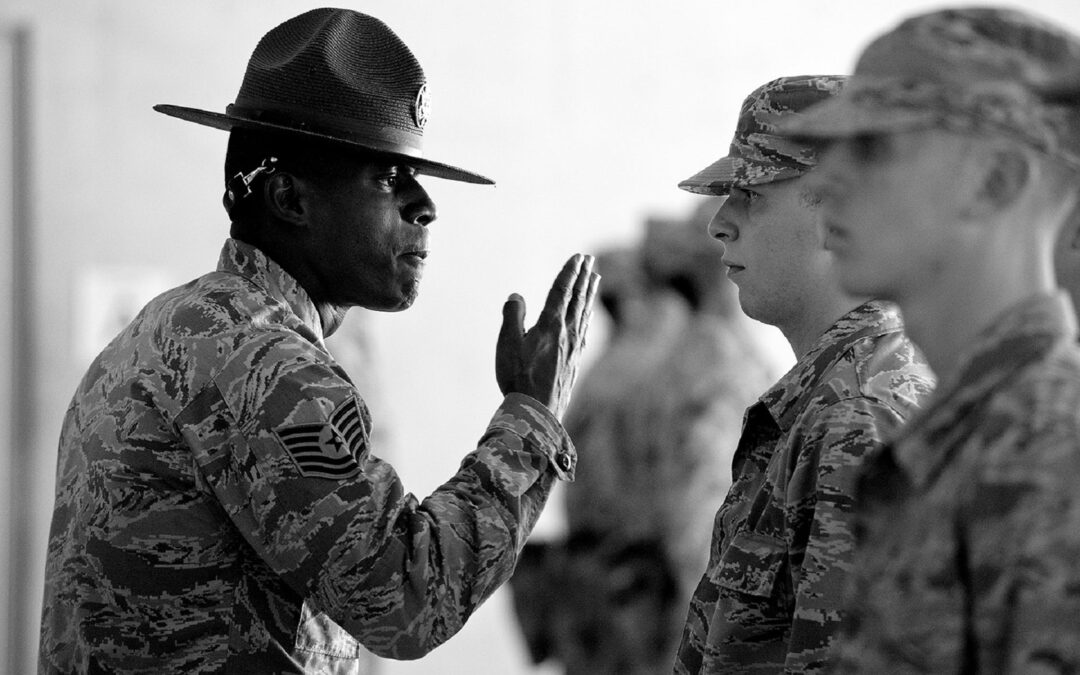Failing to register or comply with the Military Selective Service Act adversely affects a young man’s eligibility for certain governmental benefits. This can be an important issue when mediating a matter involving a young man with disabilities. Failing to register is also a felony punishable by a fine of up to $250,000 or a prison term of up to five years, or a combination of both. Also, the parent or guardian who knowingly counsels, aids, or abets another to fail to comply with the Act is subject to the same penalties.
Believe it or not, under federal law, any American male between the age of 18 and 26 with severe disabilities and still living at home with parents, must also register with Selective Service. Under the law as written, the Selective Service does not have authority to classify men, so even men with obvious severe disabilities must register. The exceptions are narrow and limited: 1. If a man is placed in a hospital, nursing home, long-term care facility, or mental institution on or before his 18th birthday, had no breaks of institutionalization of 30 days or longer, and remained institutionalized until his 26th birthday, he is not required to register; 2. If he is confined to home, whether his own or someone else’s (including group homes), on or before his 18th birthday and cannot leave the home without medical assistance (for example, by ambulance, or with the help of a nurse or EMT), and remained homebound until his 26th birthday, he is not required to register.
Even though this does not make any sense, neither the Military Selective Service Act nor Presidential proclamation provide an exemption from registration because of a man’s mental or physical condition. The Selective Service is not allowed to “classify” men until the Congress and the President authorize a return to the draft in an emergency. Thus, all men must register even those with disqualifying disabilities.
There is no draft currently. The last man was drafted in 1973 and our country now relies on an all-volunteer military. However, Congress and the President still require men to register just in case a future crisis necessitates a return to the draft. If Congress and the President were to reinstate the draft, the first lottery would include 19-year-old men turning 20 that calendar year and all 20-year-old men. If that failed to provide sufficient manpower, then 21-year-old men would be called for induction testing. Then, the next lottery would again be for new 20 year olds. The older a man becomes who has not yet been called to report for induction, the less likely he will be drafted. Men are considered no longer draft eligible at age 26.
According to the Selective Service, in a crisis requiring a draft, men would be called in a sequence determined by random lottery number and year of birth. They would be examined for mental, physical, and moral fitness by the military before being deferred or exempted from military service or inducted into the Armed Forces. They would also be eligible for any deferments, postponements, and exemptions available to all other registrants. The young man would have the opportunity to provide any necessary medical documentation needed for exemption.
This can become an issue for a young man seeking to resolve a claim and preserve eligibility for governmental benefits. The guardian or parent still must go online to register the ward or son for the draft.
By the way, the law as it is currently written refers specifically to “male persons” and does not include women. Young women are not allowed to register for the draft. Congress would have to amend the law for women to be required or be allowed to register with Selective Service, The Supreme Court decision in 1981, Rostker v. Goldberg, 453 U.S. 57 (1981) held that registering only men did not violate the due process clause of the Constitution. Only men must register, even those with severe disabilities. A young man with severe disabilities wishing to maintain eligibility for certain governmental benefits must still register for the draft.

